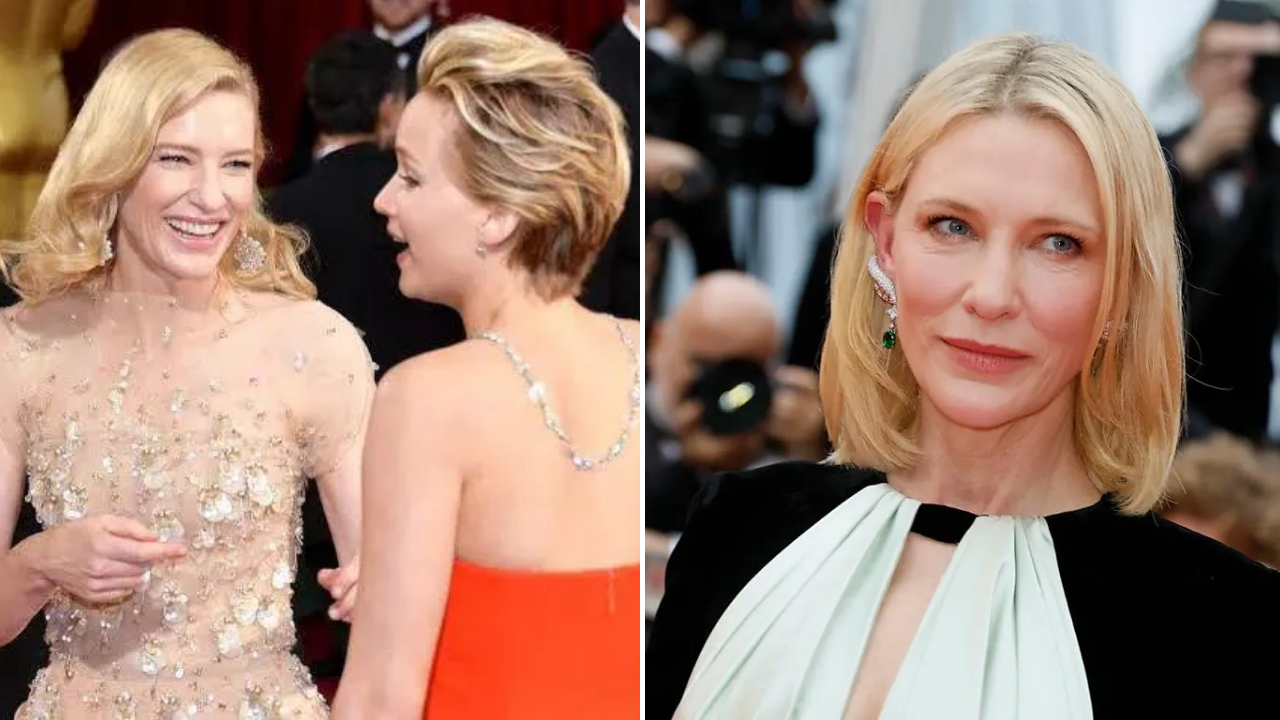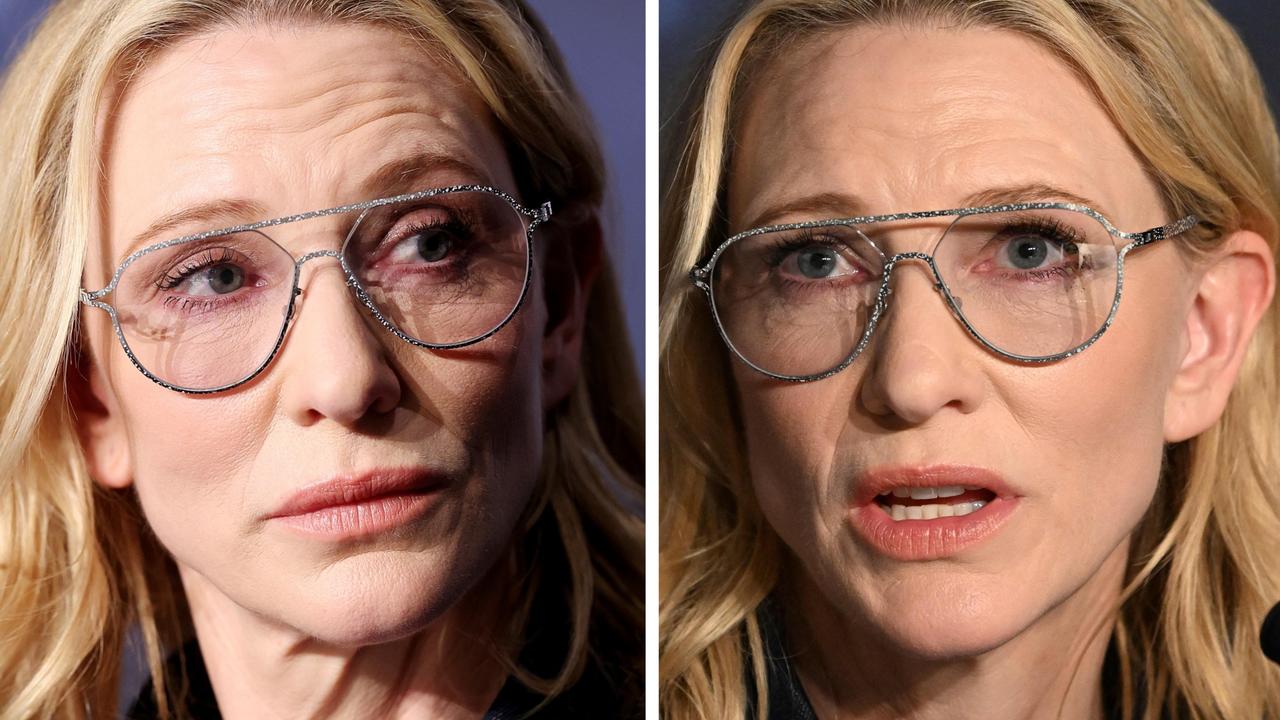Cate Blanchett Faces Backlash for Calling Herself “Middle Class” Despite $95 Million Net Worth
Acclaimed actress Cate Blanchett, known for her exceptional performances in films like Blue Jasmine and The Lord of the Rings series, has recently come under fire for describing herself as “middle class” during a public statement. Social media erupted with criticism, with many pointing out the disconnect between her claim and her reported $95 million net worth.
The Controversial Statement
Blanchett made the comment during an interview where she discussed her upbringing and the values that shaped her career. “I’m white, I’m middle class, and I’m of a certain age,” she said, explaining how her background had influenced her opportunities. While her intention may have been to reflect on privilege, the “middle class” remark sparked outrage among fans and critics alike.

Social Media Backlash
Twitter and Instagram users wasted no time calling out the apparent contradiction. Critics argued that Blanchett’s immense wealth and elite status in Hollywood disqualify her from any claim to middle-class identity.
One user sarcastically wrote, “If Cate Blanchett is middle class, then I must be living below sea level.” Another added, “Middle class? With $95 million in the bank? Must be a different middle class than the rest of us.”
However, some defended Blanchett, suggesting that she may have been referencing her upbringing rather than her current status. “She probably meant she grew up middle class, not that she’s still middle class,” one supporter commented.

What Does “Middle Class” Mean?
The term “middle class” is often subject to interpretation, varying based on cultural and economic contexts. In the United States, middle class typically refers to households with an annual income ranging from $50,000 to $150,000—far removed from Blanchett’s Hollywood earnings.
Critics argue that by calling herself middle class, Blanchett inadvertently minimized the financial struggles faced by those who genuinely belong to this socioeconomic category.
Blanchett’s Background and Rise to Stardom
Born in Melbourne, Australia, Cate Blanchett grew up in a relatively modest household. Her father, an American naval officer turned advertising executive, and her Australian mother, a schoolteacher, provided a stable upbringing. Blanchett has often credited her parents for instilling strong values and work ethic, which paved the way for her illustrious acting career.
Blanchett’s breakout role in Elizabeth (1998) catapulted her to international fame, and she has since become one of the most respected actresses in the industry. Her numerous accolades, including two Academy Awards and three Golden Globes, are testaments to her talent and dedication.
A Pattern of Celebrities Misstepping
Blanchett’s comment is not the first time a celebrity has faced backlash for appearing out of touch with ordinary people’s realities. Similar controversies have arisen when stars like Gwyneth Paltrow, Kendall Jenner, and others made statements perceived as tone-deaf.
These incidents often highlight the growing disconnect between Hollywood elites and the average person, particularly during times of economic uncertainty.
Defending Blanchett: Misunderstood or Misinformed?
While many have criticized Blanchett, some argue that her statement was misinterpreted. Context matters, and her intention may not have been to align herself with the current middle-class experience but rather to reflect on her upbringing.
Supporters point out that Blanchett has consistently used her platform to advocate for social justice, climate change awareness, and gender equality. They argue that focusing on one poorly phrased comment detracts from her broader contributions to important causes.
Lessons Learned from the Backlash
The incident serves as a reminder of the power of words, particularly for public figures. In an age of heightened sensitivity to inequality and privilege, celebrities must carefully consider how their statements may be perceived by a global audience.
Blanchett’s comment may also spark larger conversations about the evolving meaning of “middle class” in a world where economic disparities are increasingly stark.
Moving Forward
As of now, Cate Blanchett has not issued a public response to the backlash. Whether she chooses to clarify her remarks or let the controversy fade remains to be seen.
What is clear, however, is that celebrities like Blanchett operate under intense scrutiny, and even well-meaning comments can quickly become a lightning rod for criticism in the digital age.
Conclusion
Cate Blanchett’s “middle class” comment has ignited debate about privilege, wealth, and the responsibilities of public figures in acknowledging their social and economic positions. While her statement may have been an innocent misstep, it underscores the challenges celebrities face in navigating their narratives in an increasingly critical public sphere.
Whether this controversy tarnishes Blanchett’s reputation or serves as a learning moment, it has undoubtedly added another layer to the ongoing conversation about wealth and privilege in the entertainment industry.

